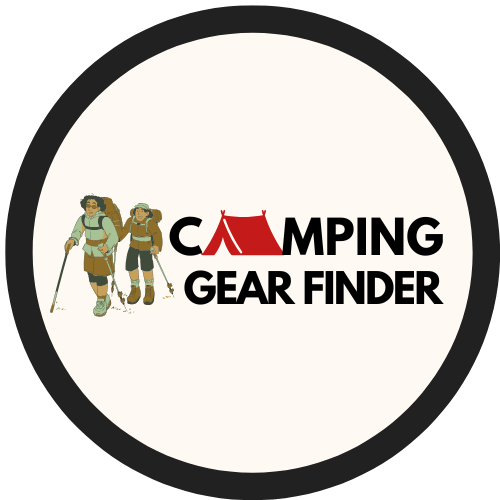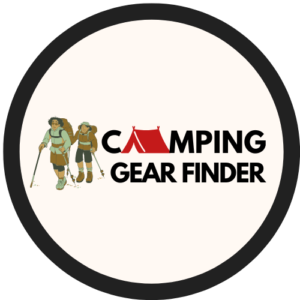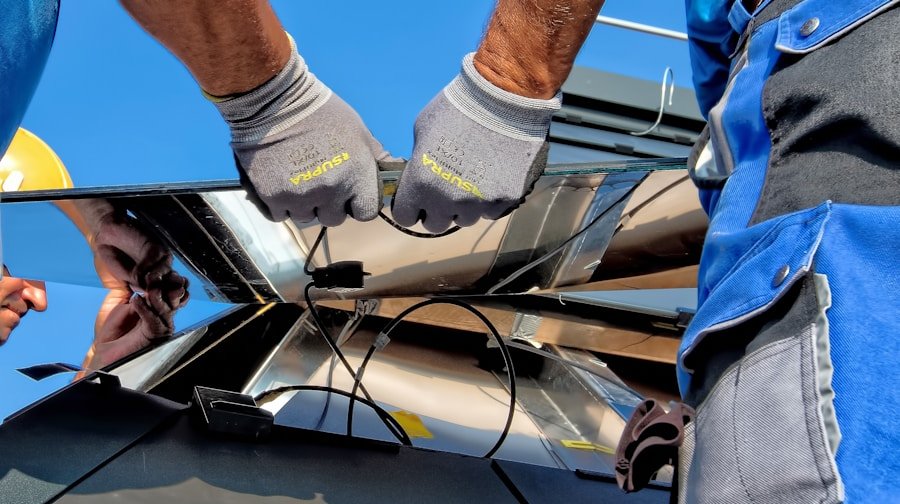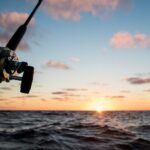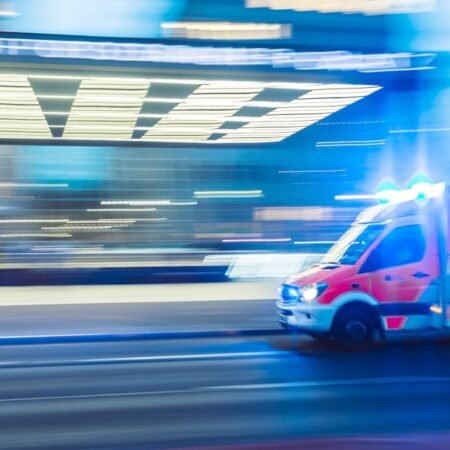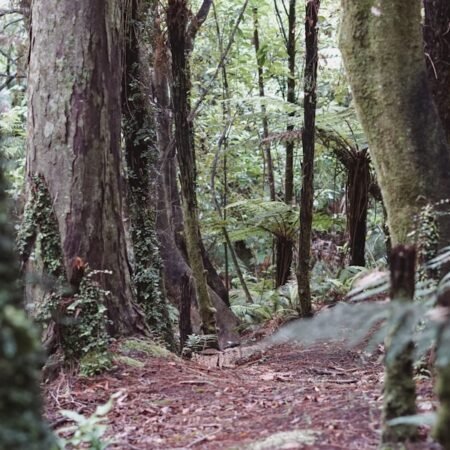When planning a camping trip, having the right fishing gear is crucial for a successful and enjoyable experience. High-quality fishing equipment can significantly impact the outcome of a fishing excursion, making all the difference between a fruitful catch and a disappointing one. Investing in premium gear not only increases the likelihood of reeling in fish but also elevates the overall fishing experience.
A well-stocked arsenal of rods, reels, tackle, and bait is essential for a rewarding camping trip. The importance of quality fishing gear cannot be overstated. Firstly, it enhances the chances of catching fish.
High-quality rods and reels are designed to be more sensitive and responsive, allowing for easier bite detection and hook setting. Furthermore, durable and reliable gear reduces the risk of equipment failure while fishing, ensuring a hassle-free experience. Lastly, comfortable and well-designed equipment makes a long day of fishing more pleasant and less exhausting, enabling anglers to focus on their catch.
Key Takeaways
- Quality fishing gear is essential for a successful camping trip, so invest in reliable equipment.
- Choose the right rod and reel for your camping trip based on the type of fish you want to catch and the environment you’ll be fishing in.
- Pack essential tackle and bait for successful fishing, including a variety of hooks, sinkers, and lures.
- Understand the best fishing techniques for camping, such as casting, trolling, and bottom fishing.
- When packing and organizing your fishing gear for the trip, consider the weight and size of the equipment and how it will be transported.
Choosing the Right Rod and Reel for Your Camping Trip
Consider the Type of Fishing
First and foremost, you’ll want to consider the type of fishing you’ll be doing. If you’ll be fishing in freshwater lakes or rivers, a medium-action spinning rod and reel combo is a versatile option that can handle a wide range of fish species. If you’ll be targeting larger fish or fishing in saltwater, a heavier action rod and reel may be more appropriate.
Think About Size and Weight
In addition to considering the type of fishing you’ll be doing, you’ll also want to think about the size and weight of the rod and reel. A lightweight, compact rod and reel combo is ideal for backpacking or hiking to remote fishing spots, while a heavier setup may be more suitable for car camping or fishing from a boat.
Quality and Durability Matter
Finally, consider the quality and durability of the rod and reel. Look for well-known brands with a reputation for producing high-quality gear, and consider investing in a rod and reel combo that is designed to withstand the rigors of camping and outdoor use.
Essential Tackle and Bait for Successful Fishing
In addition to having the right rod and reel, having the right tackle and bait is essential for successful fishing while camping. The specific tackle and bait you’ll need will depend on the type of fish you’re targeting and the fishing techniques you plan to use. However, there are a few basic items that every angler should have in their tackle box.
These include a variety of hooks in different sizes, sinkers or weights to help your bait sink to the desired depth, and a selection of artificial lures or live bait. When it comes to choosing bait, live bait such as worms, minnows, or insects can be highly effective for catching a wide range of fish species. However, artificial lures can also be effective and have the added benefit of being reusable.
Consider packing a variety of lures in different colors, sizes, and styles to increase your chances of success. Additionally, having a selection of terminal tackle such as swivels, snaps, and leaders can help you quickly adapt to changing fishing conditions and increase your chances of landing a big catch.
Understanding the Best Fishing Techniques for Camping
| Essential Fishing Gear | Details |
|---|---|
| Fishing Rod | Length, material, weight |
| Fishing Reel | Type, gear ratio, line capacity |
| Fishing Line | Strength, type, length |
| Fishing Hooks | Size, type, quantity |
| Bait or Lures | Type, color, size |
| Fishing Tackle Box | Organization, compartments, size |
| Fishing Pliers | Material, size, features |
While having the right gear is important, understanding the best fishing techniques for camping is equally crucial for success. Different fishing techniques are effective for different fish species and fishing environments, so it’s important to have a basic understanding of a variety of techniques. For example, if you’ll be fishing in a lake or pond, techniques such as casting and retrieving with artificial lures or using live bait under a bobber can be effective.
If you’ll be fishing in a river or stream, techniques such as drift fishing or fly fishing may be more appropriate. In addition to understanding different fishing techniques, it’s important to consider factors such as water temperature, weather conditions, and time of day when planning your fishing strategy. For example, fish are often more active during early morning or late evening hours when water temperatures are cooler.
Additionally, certain weather conditions such as overcast skies or light rain can improve fishing success by reducing visibility and making fish less wary. By understanding these factors and adapting your fishing techniques accordingly, you can increase your chances of success while camping.
Packing and Organizing Your Fishing Gear for the Trip
Properly packing and organizing your fishing gear is essential for a successful camping trip. Before heading out on your trip, take some time to carefully organize your gear and ensure that you have everything you need. Start by making a checklist of essential items such as rods, reels, tackle boxes, bait, and any additional gear such as waders or nets.
Once you have everything you need, consider how you’ll transport your gear to your campsite. If you’ll be hiking or backpacking to your fishing spot, lightweight, compact gear that can be easily carried is essential. If you’ll be car camping or fishing from a boat, larger or heavier gear may be more appropriate.
When packing your gear, consider using a durable, waterproof bag or backpack to protect your equipment from the elements. Organize your gear in a way that makes it easy to access when you need it, such as keeping frequently used items at the top of your pack or in easily accessible pockets. Additionally, consider using storage containers or tackle boxes to keep your tackle organized and prevent it from becoming tangled or damaged during transport.
By taking the time to pack and organize your gear properly, you can ensure that you have everything you need for a successful fishing trip.
Safety Considerations for Fishing While Camping
While fishing can be an enjoyable and rewarding activity, it’s important to prioritize safety while out on the water. Before heading out on your camping trip, take some time to familiarize yourself with local fishing regulations and any specific safety considerations for the area you’ll be visiting. For example, some areas may have specific rules regarding catch limits or bait restrictions that you’ll need to be aware of.
Additionally, consider factors such as water depth, currents, and potential hazards such as submerged rocks or fallen trees when choosing your fishing spot. In addition to familiarizing yourself with local regulations and potential hazards, it’s important to take basic safety precautions while fishing. Always wear a properly fitting life jacket when fishing from a boat or wading in deep water, and consider carrying a whistle or other signaling device in case of an emergency.
Additionally, be mindful of weather conditions such as thunderstorms or strong winds that could pose a risk while out on the water. By prioritizing safety while fishing, you can ensure that your camping trip is enjoyable and free from accidents or injuries.
Tips for Catching and Cooking Your Freshly Caught Fish at the Campsite
One of the most rewarding aspects of fishing while camping is being able to catch and cook your own fresh fish at the campsite. However, there are a few tips and considerations to keep in mind when catching and cooking fish while camping. First and foremost, it’s important to handle your catch with care in order to preserve its quality for cooking later on.
Consider using a net or landing glove to safely land your fish without causing unnecessary stress or injury. Once you’ve caught your fish, it’s important to properly clean and prepare it for cooking. Consider bringing along a fillet knife or other sharp knife for cleaning your catch, as well as a cutting board or other surface for preparing your fish.
Additionally, consider bringing along basic cooking supplies such as oil or butter, seasonings, aluminum foil for grilling or baking fish over an open fire, and any additional ingredients you’ll need for preparing your catch. By taking these tips into consideration, you can enjoy the satisfaction of catching and cooking your own fresh fish at the campsite. In conclusion, having the right fishing gear is essential for a successful camping trip.
From rods and reels to tackle and bait, quality gear can improve your chances of catching fish while enhancing your overall fishing experience. By choosing the right gear for your trip, understanding the best fishing techniques for camping, packing and organizing your gear properly, prioritizing safety considerations while fishing, and following tips for catching and cooking your freshly caught fish at the campsite, you can ensure that your camping trip is enjoyable and rewarding. Whether you’re an experienced angler or new to fishing while camping, having the right gear and knowledge will help you make the most of your outdoor adventure.
FAQs
What is essential fishing gear for a camping trip?
Some essential fishing gear for a camping trip includes a fishing rod and reel, fishing line, hooks, bait, a tackle box, and a fishing net.
What type of fishing rod and reel should I bring for a camping trip?
For a camping trip, it’s best to bring a lightweight and portable fishing rod and reel that is easy to transport and set up. Telescopic fishing rods are a popular choice for camping trips.
What kind of fishing line should I use for camping?
When fishing while camping, it’s important to use a strong and durable fishing line that can withstand the elements and potential obstacles in the water. Monofilament and braided lines are commonly used for camping and fishing.
What type of bait should I bring for fishing on a camping trip?
The type of bait you should bring for fishing on a camping trip depends on the location and the type of fish you are trying to catch. Common options include worms, minnows, and artificial lures.
What should I pack in my tackle box for a camping trip?
In your tackle box for a camping trip, you should pack a variety of hooks, sinkers, swivels, bobbers, and other fishing accessories. It’s also a good idea to include a pair of pliers and a small first aid kit.
Do I need a fishing net for a camping trip?
A fishing net can be a useful tool to have on a camping trip, especially for safely landing and handling fish. It’s a good idea to bring a compact and collapsible fishing net for easy storage and transport.
